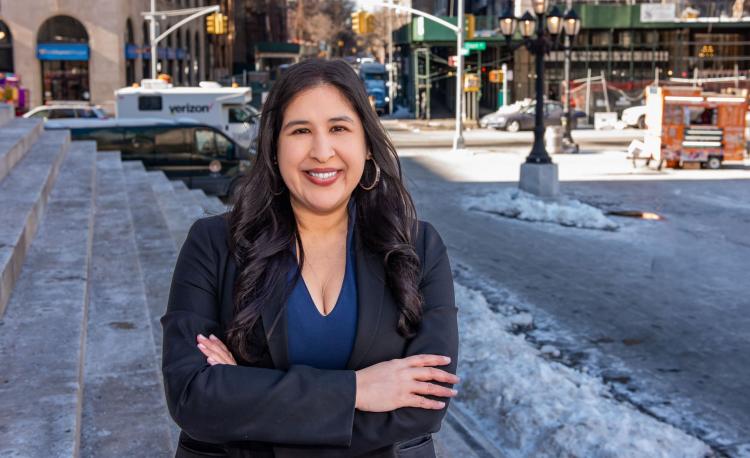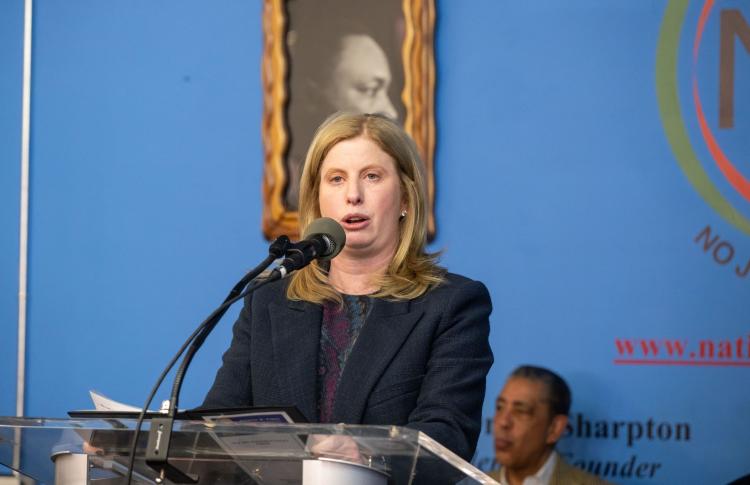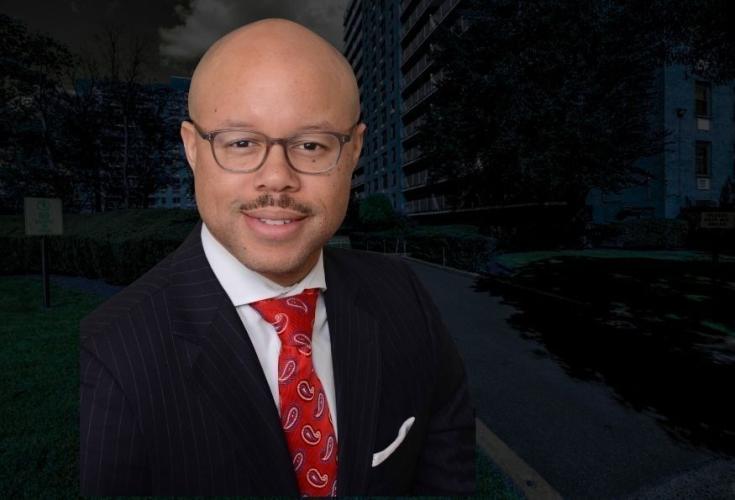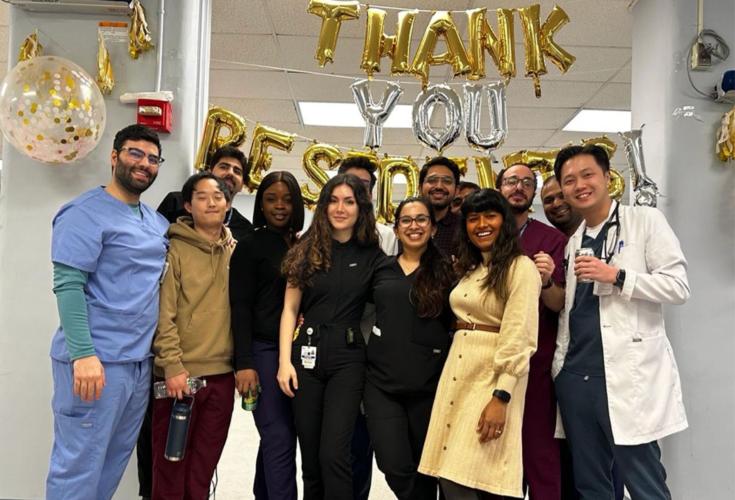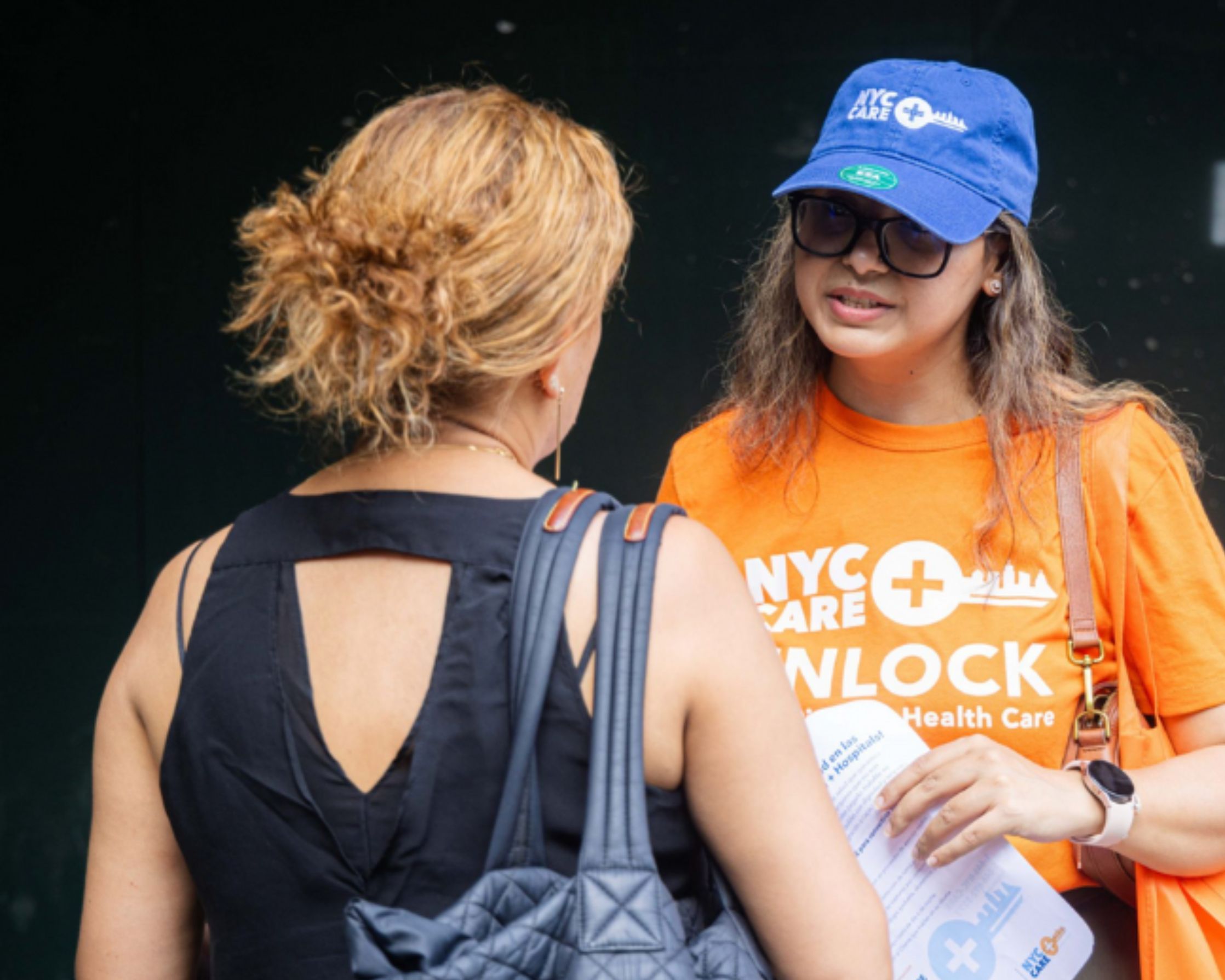
Health Equity NYC Care by Health + Hospitals - 1
NYC Newswire
Health Equity NYC Care by Health + Hospitals
NYC Health + Hospitals’ NYC Care program has released two significant observational studies that highlight its effectiveness in improving the health of uninsured patients. The studies, published in the Journal of General Internal Medicine (JGIM) and the Journal of Public Health Management & Practice (JPHMP), showcase NYC Care as a national model for municipalities aiming to enhance healthcare access for uninsured populations.
The research demonstrates NYC Care’s success in various areas, including enrollment, service utilization, chronic disease management, and overall implementation. NYC Care’s patient-centered approach simplifies the steps to affordable healthcare, builds trust with hard-to-reach populations through public awareness campaigns, and prioritizes accessibility to health services. As a result, NYC Care members experience a level of care comparable to Medicaid enrollees.
Key Findings: Increased Access and Improved Health Outcomes
The study published in JGIM utilized statistical analysis to compare NYC Care patients with Medicaid patients. Controlling for sociodemographic factors, the results showed NYC Care members had a higher rate of primary care usage, similar emergency department usage, and fewer hospitalizations. This demonstrates that the program successfully promotes preventive healthcare while keeping high-cost services low.
Additionally, the research highlighted that NYC Care members utilized services extensively: 83,003 members completed an average of 2.4 primary care visits and 3.9 specialty care visits. Chronic disease management outcomes were comparable to those of Medicaid patients, with 50.7% of NYC Care members with diabetes achieving a hemoglobin A1c level below 7.0%, and 75.2% of hypertensive members maintaining blood pressure levels under 140/90 mmHg.
These findings illustrate that municipalities, in the absence of increased health insurance access, can use programs like NYC Care to improve care and outcomes for uninsured populations.
Leadership Speaks Out on NYC Care’s Impact
“Health care is a human right,” said Anne Williams-Isom, Deputy Mayor for Health and Human Services. “With over 145,000 enrollees, NYC Care is a model that other cities can adopt to expand healthcare coverage options for their residents.”
Mitchell Katz, MD, President and CEO of NYC Health + Hospitals, echoed this sentiment, saying, “NYC Care has improved the health of countless New Yorkers and their families, proving that health care is a human right. The release of these studies will hopefully inspire other municipalities to adopt similar programs.”
Ted Long, MD, MHS, Senior Vice President for Ambulatory Care and Population Health at NYC Health + Hospitals, emphasized that NYC Care’s success in controlling chronic diseases and reducing hospitalizations demonstrates the program’s value. “This research shows that other municipalities can create similarly impactful programs, moving toward treating healthcare as a human right for all Americans,” he added.
A Broader Vision for Expanding Health Access Nationwide
Jonathan Jiménez, MD, MPH, Executive Director of NYC Care, expressed his pride in the program’s success. “This success should not be limited to New York City. As long as there are individuals excluded from health insurance, comprehensive healthcare access programs like NYC Care are essential.”
Support for NYC Care also comes from the NYC Mayor’s Office of Immigrant Affairs. Commissioner Manuel Castro highlighted how NYC Care’s preventative services are reducing reliance on emergency care, benefiting both individuals and the community.
Grassroots Support and Community Impact
Lorena Kourousias, Executive Director of Mixteca, praised NYC Care for its focus on affordable and community-centered healthcare solutions. “We’ve seen firsthand how simplifying access to health care and building trust with immigrant populations can lead to healthier communities,” she said.
Hager Shawkat, MPH, Program Director of Sauti Yetu Center for African Women and Families, emphasized the importance of prioritizing immigrant communities’ health needs, stating that NYC Care uplifts the health and wellness of the entire city.
National Implications for Healthcare Access
While NYC Care has been a resounding success, the studies point to a larger issue in the U.S. healthcare system. Despite the uninsured rate dropping to a historic low of 7.7% in early 2023, undocumented adults remain disproportionately uninsured, with rates reaching up to 50%. Community health centers have tried to fill this gap, but uninsured patients are less likely to receive preventive care. NYC Care’s model addresses these disparities and continues to see significant demand.
Since its launch in 2019, NYC Care has grown to over 145,000 active members, providing over one million primary care appointments, hundreds of thousands of specialty care appointments, and a wide range of women’s, eye, and behavioral health services. The program’s community-based outreach has also reached over one million New Yorkers, facilitating tens of thousands of enrollments.
